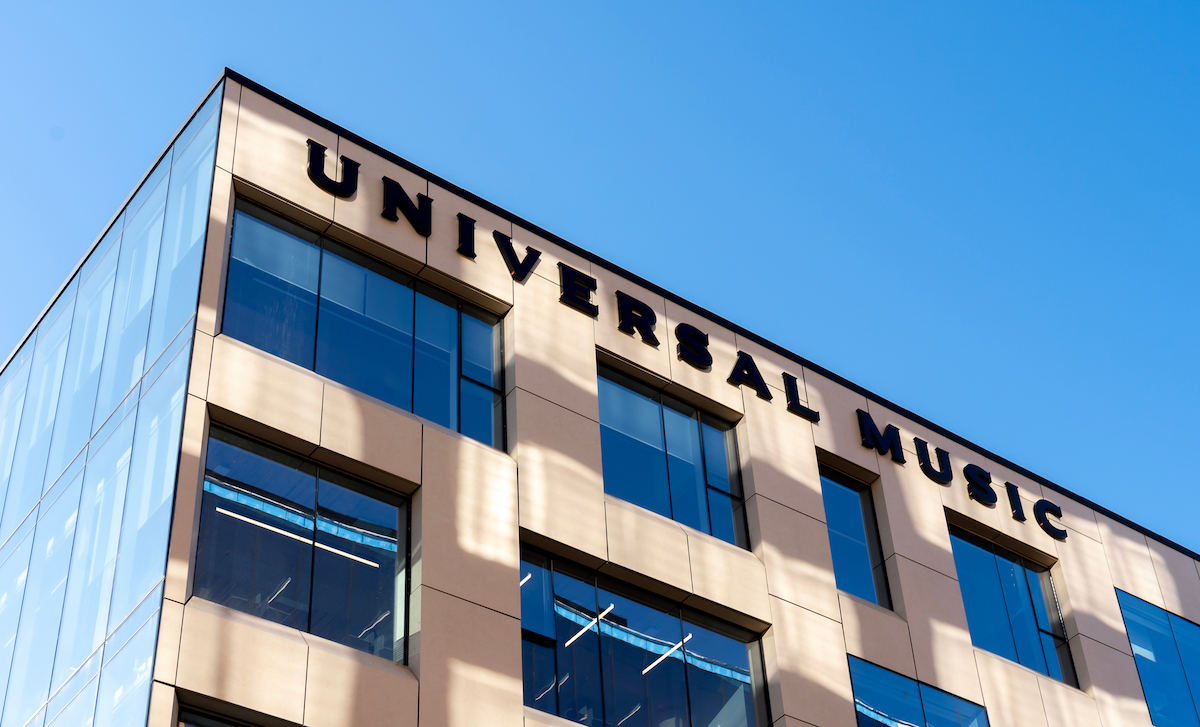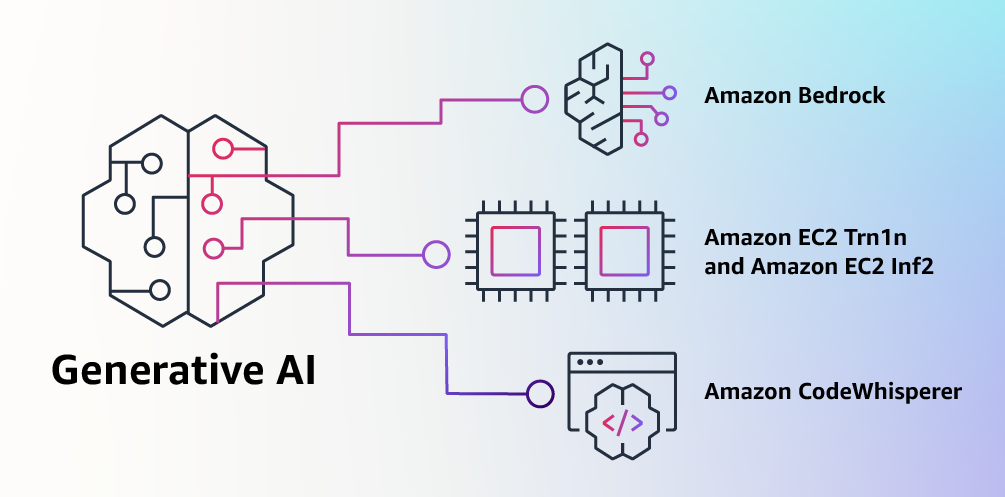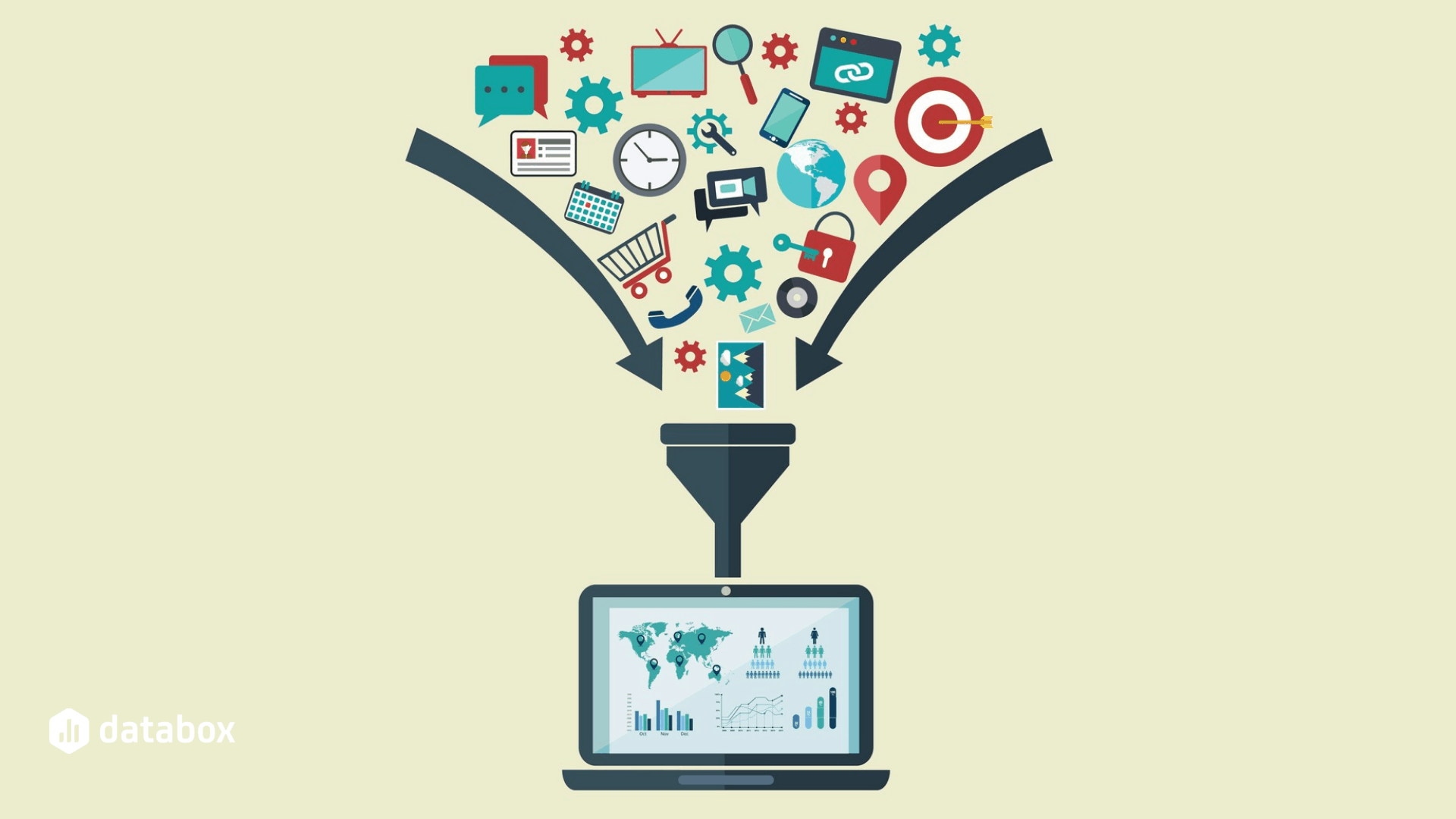Google and Universal Music: Transforming the Music Industry with AI-Generated Music
1. Introduction
The world of music is constantly evolving, and the latest technological advancements are shaping its future in unprecedented ways. One such advancement is the emergence of AI-generated music, where artificial intelligence algorithms are used to create original songs with little to no human intervention. This groundbreaking development has caught the attention of major players in the industry, including Google and Universal Music, who are reportedly in talks to collaborate on AI-generated music projects. In this article, we will explore the potential of AI-generated music, the ongoing negotiations between Google and Universal Music, and the implications of this technology on the music industry as a whole.
2. The Emergence of AI-Generated Music
AI-generated music refers to the process of using artificial intelligence algorithms to compose, produce, and perform music. It involves training algorithms on vast amounts of existing music data to learn patterns, styles, and genres. These algorithms can then generate original compositions that mimic the sound and style of human-made music. Over the past few years, AI-generated music has gained significant attention due to its potential to revolutionize the music industry. It offers new opportunities for artists, producers, and music enthusiasts to explore innovative and unique musical experiences.
3. Negotiations between Google and Universal Music
According to reports, Google and Universal Music, one of the world’s largest music companies, are in discussions to license artists’ voices and melodies for AI-generated songs. The aim is to allow fans to create tracks using AI-generated voices while ensuring that the rightful copyright owners are compensated. This collaboration could provide a legal framework for the creation and distribution of AI-generated music that includes established artists’ voices. It is an exciting prospect for both companies and could pave the way for a new era of music creation and consumption.
4. Addressing Concerns: Innovation vs. Infringement
The rise of AI-generated music has raised concerns among musicians about the potential dilution of their work through the creation of fake versions of their songs and voices. However, some artists, such as electronic artist Grimes, have embraced AI technology and see it as an opportunity for creative exploration. For Google, developing a music product powered by AI would not only allow the company to compete with rivals like Meta but also raise questions about licensing and copyright in the age of AI-generated music. Striking a balance between innovation, respect for artists’ rights, and profitability will be crucial for all parties involved.
5. Google’s MusicLM: A Revolutionary AI Model
In January, Google introduced MusicLM, a new AI model that can transform text descriptions into high-fidelity music. Users can provide simple prompts like “soulful jazz for a dinner party” and explore two versions of a song generated by the model. This experimental tool, known as the AI Test Kitchen, allows users to vote on their preference and provide feedback for model refinement. MusicLM can also be conditioned on both text and melody, enabling the transformation of whistled or hummed tunes into different musical styles. While MusicLM is primarily an inspirational tool for synthetic music generation, its capabilities suggest potential collaboration opportunities with Universal Music and other labels.
6. Meta’s AudioCraft: Redefining the Future of Music
Not to be outdone, Meta, formerly known as Facebook, has announced AudioCraft, a suite of AI tools for musicians and sound designers. AudioCraft consists of three primary models: MusicGen, AudioGen, and EnCodec. MusicGen allows users to create music from text prompts, while AudioGen brings text to life with sound effects. Meta’s decision to open-source these models reflects their commitment to driving the field of AI-generated audio and music forward. By providing access to researchers and practitioners, Meta hopes to foster innovation and collaboration in this rapidly evolving field.
7. The Complexities of Licensing and Copyright
As AI-generated music gains traction, the complexities of licensing and copyright become even more apparent. Negotiating agreements between technology companies, music labels, and artists is crucial to ensure that all parties are properly compensated for their contributions. The discussions between Google and Universal Music mark an important step in addressing these complexities. By licensing artists’ voices and melodies for AI-generated songs, both companies aim to create a legal framework that protects artists’ rights while promoting innovation in music creation.
8. The Impact of AI-Generated Music on Artists and Fans
The advent of AI-generated music has the potential to revolutionize the music industry and impact artists and fans alike. For artists, AI can serve as a powerful tool for inspiration, helping them explore new creative horizons and push the boundaries of their art. Fans, on the other hand, can enjoy a wider range of music styles and experiences, as AI algorithms can generate songs in various genres and mimic the styles of their favorite artists. However, concerns about authenticity and the role of human creativity may arise as AI-generated music becomes more prevalent in the industry.
9. The Future of AI in the Music Industry
The ongoing discussions between Google and Universal Music, as well as the development of AI models like MusicLM and AudioCraft, hint at a future where AI plays a significant role in music creation and consumption. The potential applications of AI in the music industry are vast, ranging from personalized music recommendations to AI-generated live performances. However, it is important to strike a balance between embracing AI technology and preserving the authenticity and creativity that comes from human musicians. The future of AI in the music industry will undoubtedly be shaped by ongoing collaborations, technological advancements, and the collective imagination of artists and music enthusiasts.
10. Conclusion
AI-generated music represents a new frontier in the music industry, with the potential to transform how music is created, consumed, and appreciated. The ongoing negotiations between Google and Universal Music highlight the growing interest in this technology and the opportunities it presents. As AI models like MusicLM and AudioCraft continue to evolve, the boundaries of musical creativity will be pushed, challenging traditional notions of artistry and innovation. While there are concerns and complexities to navigate, the future of AI-generated music holds great promise for artists, fans, and the industry as a whole. As we move forward, it is essential to strike a balance between embracing technological advancements and preserving the human touch that makes music so special.




